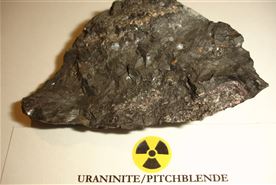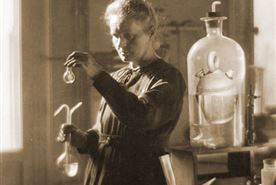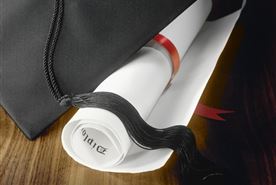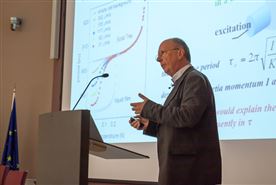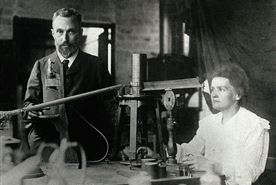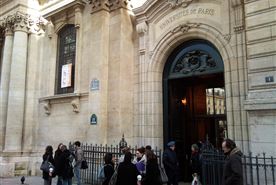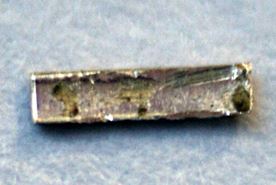YOLA 12A: The Life and Work of Marie Curie - p2
Verb
to give or apply one's time and attention to a particular activity
devoted
While Pierre devoted himself to the physical study of the new radiations, Marie struggled to obtain pure radium in the metallic state. This was achieved with the help of the chemist Andre-Louis Debierne, Pierre's pupil.
While Pierre devoted himself to the physical study of the new radiations, Marie struggled to obtain pure radium in the metallic state. This was achieved with the help of the chemist Andre-Louis Debierne, Pierre's pupil.
Noun
a time when an important change happens
turning point
The sudden death of her husband in 1906 was a bitter blow to Marie Curie, but was also a turning point in her career: henceforth she devoted all her energy to completing alone the scientific work that they had undertaken.
The sudden death of her husband in 1906 was a bitter blow to Marie Curie, but was also a turning point in her career: henceforth she devoted all her energy to completing alone the scientific work that they had undertaken.
